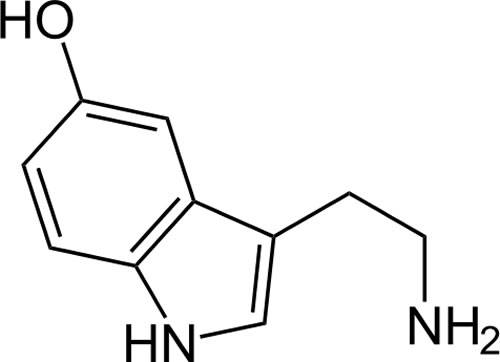Genetic And Evolutionary Explanations Of Human Aggression


The Kray Twins
Ronald & Reginald Kray were one of the most famous crime committing twins who between 1950 and 1960 were involved in armed robberies, arson, assaults, and murders in the East End of London. In 1969 they were convicted and both sentenced to life imprisonment.
The biological/genetic approach
The biological approach to aggression includes the theory that the aggressive tendency of a person is somewhere within their genetic make-up and can thus be passed on to offspring. To research this theory scientists have used people who are very genetically similar and compared their aggressive tendencies, likewise with people who are genetically dissimilar.
Twin Studies:
Using this idea of testing genetically similar people, scientists came up with the idea of comparing the aggressiveness of monozygotic (identical) twins and also dizygotic (non-identical) twins. If the monozygotic twins had similar aggression levels and also lived in the same/very similar environments (as to remove any environmental factor) then it could be concluded that genetics play a role in aggression. Studies that have been conducted into adult twins found that 50% of aggression towards other people could be due to genetic factors.
Adoption Studies:
Psychologists conduct adoption studies in order to separate the genetic and environmental factors that contribute to things such as aggression. If similar aggressive behaviour is found between the adopted child and their biological parents then it is implied that the aggression is genetic. Whereas if the adopted child doesn't have the same genetic tendencies as their biological parents but rather share the tendencies with their adoptive parents it is implied that the aggression has an environmental cause. Psychologists Huchings and Mednick conducted a study into aggression wherein they studied 14,000 adoptions in Denmark and concluded that adopted boys with criminal convictions were more likely to have biological fathers that had criminal convictions.

Is There An Aggression Gene?
Although a specific 'aggression gene' has not yet been discovered there is a gene called the Monoamine oxidase A (MAOA) gene that is responsible for producing an enzyme called MAOA. Low levels of the neurotransmitter serotonin have been associated with depression, anxiety and aggressive and impulsive behaviour. The MAOA enzyme breaks down and regulates serotonin in the brain and thus is a factor in serotonin levels and as a result, aggression. There are a number of alleles of the MAOA gene and each allele has a different number of repeats of a particular DNA sequence in the 'promotor' region.The number of repeats determines the amount of the MAOA enzyme that is produced (the shorter alleles have been associated with high aggressive tendencies).
Studies Into The MAOA Gene
Another study was conducted by Caspi et al and involved 500 male children. The males with the shorter allele of the MAOA gene were significantly more likely to grow up to exhibit anti-social behaviour but only if they were mistreated as children. This may show that it's not only genetics that are involved in the development of aggressive behaviour but a mixture of genetic and environmental factors (the diathesis-stress model).
However, it is not easy to determine whether a behaviour is controlled by genes or not because of the following reasons:
- A behaviour (e.g. aggression) can have a number of underlying genes.
- The environment/life events of the person may contribute to their aggression.
- These influences may interact with each other, for example a person could have the gene for aggression but wont act aggressively until it is triggered by a major life event.

How do you assess aggression?
There are many problems with how a psychologist will actually assess an individuals aggressive tendencies. For example many of the reported studies of aggression have relied on self or parental reports rather than observations by the psychologist themselves. In a meta-analysis by Miles and Carey that investigated the genetic aspect of aggression. They found that the studies that relied on parental or self reports usually concluded that the aggression was explained by genetic factors, whereas the studies were aggression was observed it was concluded that the environment played a bigger role in the person's aggressive tendencies. This showed that the method by which the aggression is assessed can cause different results. The findings of Miles and Carey's study could be because the parents of the aggressive individual don't want people to think it's because of their environment or upbringing so may complete the report to appear as though it's genetics and not their environment.
Also in a variation of Bandura's bobo doll study, twin pairs were encouraged to act aggressively towards the doll after they had observed a media model act aggressively towards a doll. Researchers found no significant difference in aggression between the MZ or the DZ twins and thus it would appear that environmental factors play a bigger role than genetic ones in aggression.








